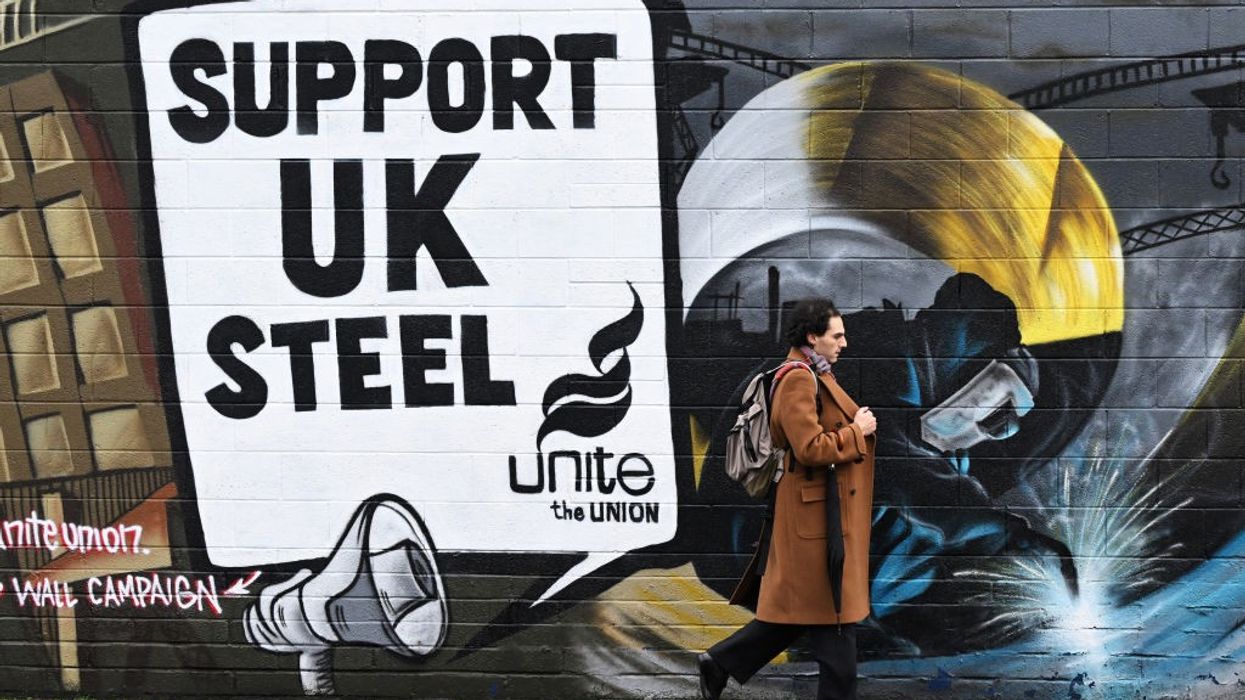TATA STEEL UK has threatened to close its two blast furnaces in Port Talbot in south Wales earlier than planned due to an upcoming strike, sparking concern among politicians before next week's general election.
The Indian-owned giant had planned to start shutting the first furnace in late June and the second by September as part of an overhaul as it transitions to greener production of steel.
However, the Unite trade union announced one week ago that Tata staff will begin an indefinite strike from July 8 in protest over the company's job-slashing plans.
Britain's main opposition Labour party, widely expected to beat the governing Tories in a general election on July 4, has meanwhile urged Tata to avoid action before the vote outcome.
"Following the announcement by Unite union to unilaterally call strike action from 8 July, Tata Steel is unfortunately forced to commence legal action to challenge the validity of Unite's ballot," a Tata spokesperson said on Friday (28).
"In the coming days, if we cannot be certain that we are able to continue to safely and stably operate our assets through the period of strike action, we will not have any choice but to pause or stop heavy end operations, including both blast furnaces, on the Port Talbot site."
In response, Unite insisted it would not be deterred from its fight to secure jobs.
"The Unite campaign is... about securing the long-term future of steel making in this country for thousands of workers in Port Talbot and south Wales," said Unite general secretary Sharon Graham.
"We call on the real decision makers in Mumbai to take hold of this dispute, sit down, negotiate and realise that the investment secured will be good for the company and workers."
The ovens, which had initially been planned to shutter from July, are used to turn coal into coke, a key raw material used in the steel-making process.
Tata had revealed in January that it was planning to shut the coke ovens and two high-emission blast furnaces in Port Talbot, the UK's biggest steelworks, leading to the loss of up to 2,800 jobs.
The overhaul comes with the European steel industry facing upheaval as it tries to finance less carbon-intensive production.
Tata is seeking to invest £1.25 billion ($1.58bn) into electric arc furnace technology to try to cut long-term carbon emissions.
(AFP)





